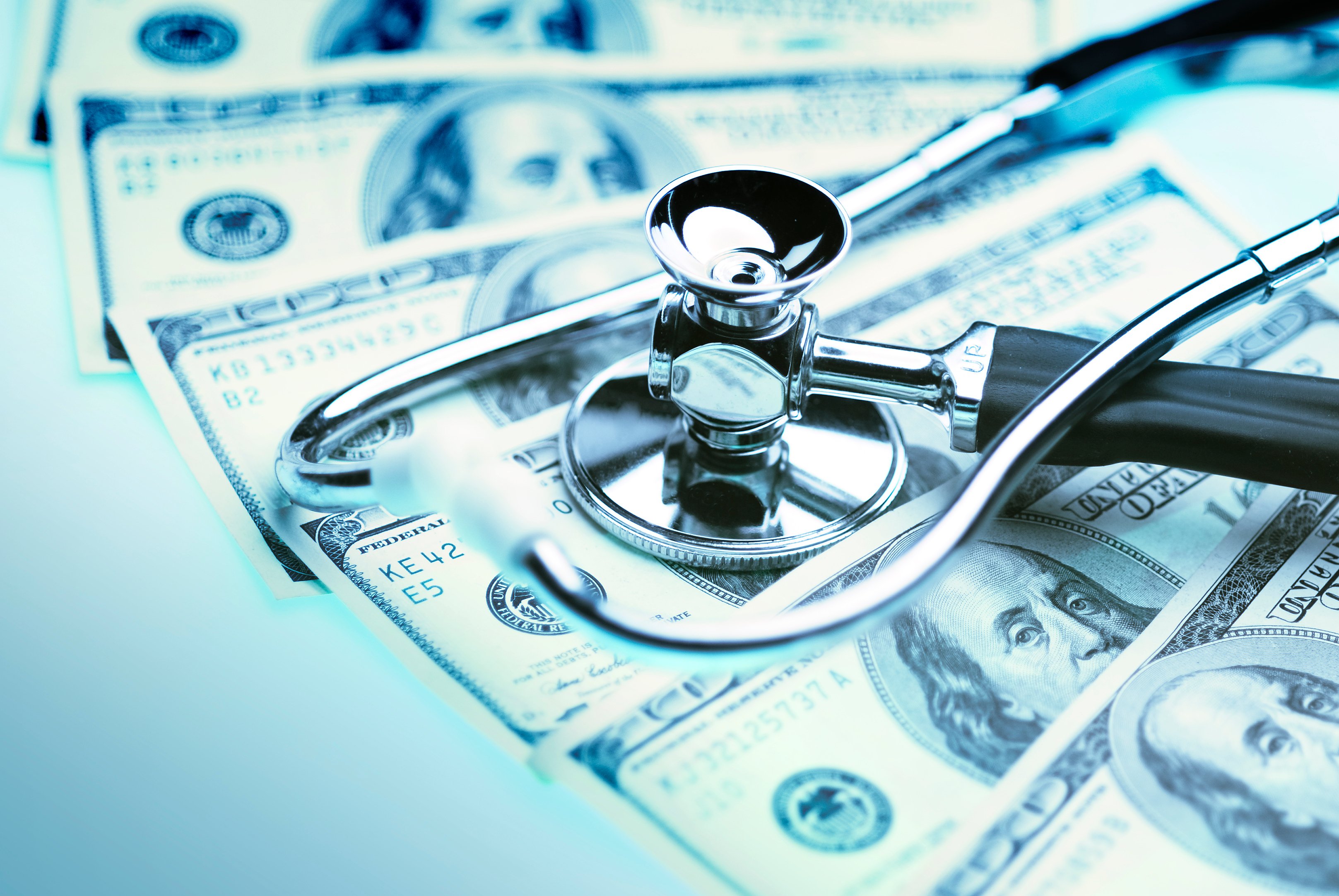The coronavirus pandemic has changed the healthcare landscape across the globe, and UnitedHealth Group (UNH +0.41%) has found itself at the center of the crisis. The health insurance and services giant is working to help those who've contracted COVID-19, supporting the efforts of medical professionals and other care providers and community leaders.
Coming into Tuesday's first-quarter financial report, UnitedHealth investors hoped that the company would be able to weather the financial impacts of the coronavirus pandemic while still doing what it takes to play its role in helping contain the outbreak. UnitedHealth's financial results were solid, and its decision not to withdraw guidance for 2020 and to reaffirm its previous estimates buoyed confidence among shareholders in a much-needed way.
A tough balancing act
UnitedHealth's first-quarter results showed how it has tried to balance the needs of all of its stakeholders. Revenue climbed almost 7% to $64.4 billion, which matched up well with what those following the stock had anticipated. Net income attributable to shareholders fell 2.5% to $3.38 billion, but a decline in shares outstanding limited the year-over-year decline in adjusted quarterly earnings to $3.72 per share. That was down just $0.01 from year-ago levels and $0.10 better than the consensus forecast among investors.

Image source: Getty Images.
From a fundamental perspective, UnitedHealth remained strong. The company's medical-care ratio, which measures how much of what the company collects in premiums goes toward medical costs, fell a percentage point to 81%, reflecting favorable development of claim reserves. Operating costs rose slightly to 15.5%, but UnitedHealth still managed to post an impressive return on equity of 23.6%. The healthcare conglomerate also noted that it had nearly $11 billion in cash available at the end of the quarter, emphasizing its liquidity and strong balance sheet.
The company saw growth in both of its core units, albeit tempered by some headwinds. The UnitedHealthcare insurance business saw segment sales rise more than 4%, although operating earnings declined slightly due to some calendar effects. Medicare Advantage plan interest helped UnitedHealthcare add 410,000 members to its Medicare & retirement division, which partly offset declines in two other areas: employer & individual, and community & state.
UnitedHealth's Optum health services business again led the way higher, with 25% sales growth and a 12% rise in operating earnings. Gains were evenly distributed across OptumHealth's wellness and health management services, OptumInsight's data analytics business, and OptumRx's pharmacy benefit management unit.
Can UnitedHealth keep beating back the coronavirus?
CEO David Wichmann emphasized UnitedHealth's priority to foster "the health, safety, and support of the people and communities we serve," including "the heroic members of the healthcare workforce and the reliability and sustainability of healthcare delivery systems." Among the things UnitedHealth is doing are helping to process federal funding for care-delivery workers, providing COVID-19 health benefits with minimal cost and processing, offering early prescription refills, and opening special enrollment periods and grace periods to help its customers get the benefits they need.
For investors, it was particularly encouraging to hear UnitedHealth confirm its guidance for the full 2020 year. The healthcare giant expects adjusted net earnings to finish the year in a range of $16.25 to $16.55 per share, representing growth of 8% to 10%. The company acknowledged that it would have to evaluate the impact of the pandemic as the year progresses, but its early confidence had a positive effect on shareholders.
Investors reacted optimistically to the report, sending the stock higher by 4% Wednesday morning following the announcement. The healthcare sector still has a lot of challenges, but UnitedHealth appears to be in a good position to meet them head-on.






